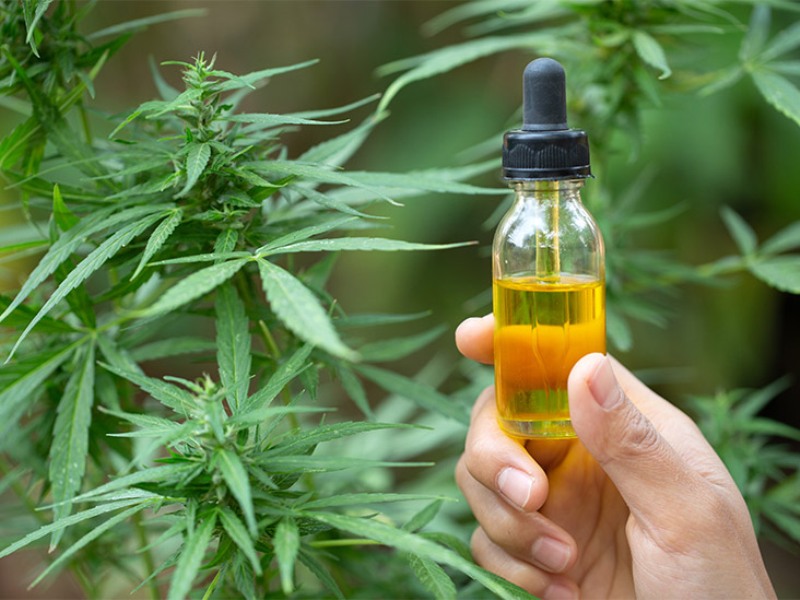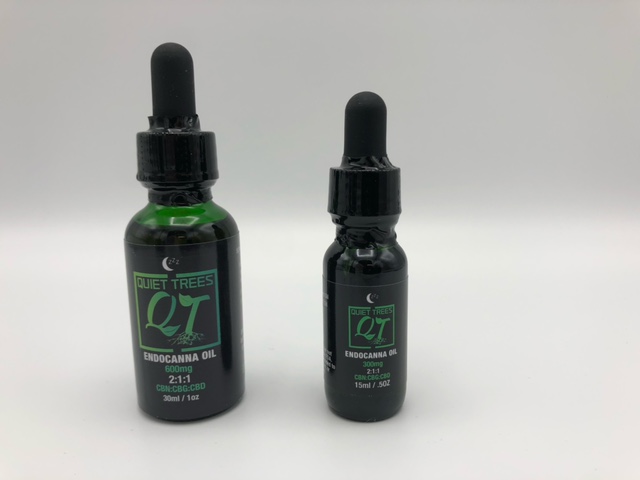The CBD industry is a rapidly growing market with constant regulatory changes. As the industry continues to evolve, one thing is clear: hemp is here to stay, and we can expect to see more legalization, consolidation, research and product offerings.
If you’re hoping to cash in on the CBD market, here’s what you need to know:
What is CBD? CBD, short for cannabidiol, is a chemical compound in the hemp plant. It is a natural substance used in products such as oils and edibles to convey feelings of relaxation and calm. Unlike tetrahydrocannabinol (THC), it is non-psychoactive.
Benefits of CBD: Helps soothe everyday aches and pains, helps treat severe medical conditions, relief from various mental health conditions, consumers can take it without unwanted side effects or hallucinogens, can be legally produced and widely sold without contravening federal law.
CBD Products: Products include oils, topical creams and lotions, beverages, gummies, terpenes, capsules, tea, coffee, syrups, pet products and more.
CBD Labeling Requirements
For starters, all states that authorize the sale of CBD products also require labels on CBD products sold within their borders to be labeled in accordance with the Food, Drug and Cosmetic Act (FDCA).
Following FDA regulations for the labeling of cosmetic products, the labels of CBD-infused health and beauty products must:
- Avoid false or misleading statements
- Provide the required information (including the statement of identity, statement of amount of contents, company name and location, distributor’s statement, material facts, warning or cautionary statements, and ingredients)
- Correctly and legibly display the information on the label.
- Not violate the Poison Prevention Packaging Act of 1970.
At the time of publication, the FDA does not currently permit the sale of CBD products intended for ingestion, and labeling requirements differ from state to state. While some states allow the sale of CBD in foods and dietary supplements, they require specific label information and warning requirements. For a more complete understanding, visit this list compiled by the FDA – list of the 26 most frequently asked questions about hemp products and their regulation.

It is also worth noting that an increasing number of states are requiring the inclusion of a scannable barcode, QR code link or web address linked to a document containing the above information. Ensuring compliance with the laws of individual states in which CBD products are sold can be challenging, but it is a crucial step in mitigating the risk of enforcement action by federal and state agencies. For more specific information on FDA guidelines regarding CBD labeling, read more here.
CBD Labeling Solutions
Constantly changing industry regulations mean you are faced with constant labeling changes. Having in-house, readily available labeling solutions offers a solution for all your on-demand labeling needs, allowing flexibility for product changes, launches and limited edition refurbishments.
Materials are important
When it comes to cbd oil capsules, it is essential to have labeling materials explicitly suited for this industry. division material has the widest variety of material options. Whether you’re looking for materials that are narrow, eye-catching, glossy, matte, extremely durable, oil resistant, or made from materials such as hemp or grass paper.





